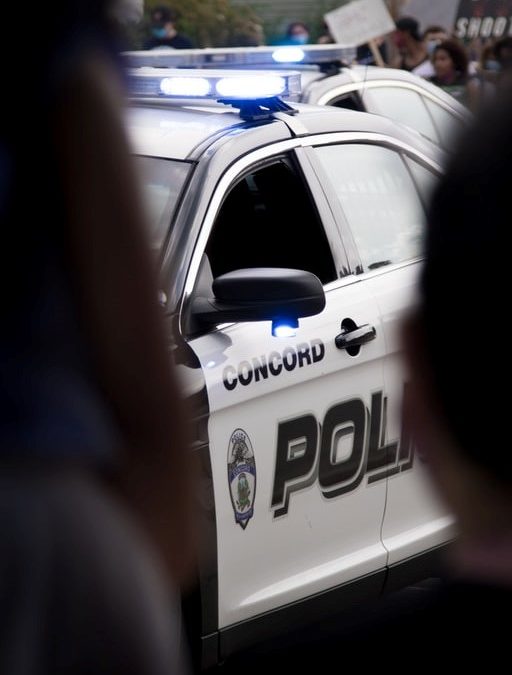Episode 7 of second season of In The Dark focused on the trials of Curtis Flowers. There are a lot of threads that could be teased apart in the entire Curtis Flowers story, but when interviewing the white jurors who had convicted Flowers, there was one observation that stood out to me. The white jurors put more weight to the black people who testified against Flowers than the black people who testified for him, because they were perceived as being brave for standing up to the black community.
Why is Supporting the dominant power seen as brave?
The podcast shows the evidence against Flowers falls apart upon scrutiny. Each of Flowers’ convictions have been overturned by a higher court due to prosecutor misconduct. When interviewing the black witnesses at the trial, the reporters discovered a pattern of intimidation. Many were instructed to come to the police station immediately without being told why, then grilled on seeing Flowers the day of the crime. Yes, some faced estrangement from family or friends when they testified against Flowers. They still testified because they were much more scared of going to jail.
It is true that the jury wouldn’t have known any of this. Still why is this perception of marginalized people so powerful? That the community of other marginalized people has more power over them than government institutions and the mainstream community? Why is testifying against Flowers, a member of their community, considered brave, but testifying for him, against the Winona District Attorney’s office, not?
The simple truth is the police in Winona had more institutional authority than the members of the black community. That institutional authority has real consequences to a person’s freedom, livelihood, and day to day life that the social authority did not. Police had the power to say “do this” and people did. Which means Flowers didn’t get fair trials—the jury weighed testimony based on a misconception, not the testimony itself. You could say that is human, but peel back and there are many disturbing layers.
The idea that all members of a marginalized group are devoted to helping all members of their group is false. People are people, and just because someone is a member of a marginalized group doesn’t mean they can’t be a jerk. Some have internalized the messages they are constantly bombarded with by the mainstream culture, or may have realized they can get something in return for playing the game.
The purpose this idea serves—the black community is stronger at controlling their people than the white institutions—ignores a very real power difference. It mistakes where power lies. Is family members being mad more intimidating than a police officer picking up a high school student from school and interviewing them at the station to get them to testify?
It denies the real power institutions have over BIPOC. Curtis Flowers had six trials, and was in jail for decades before finally being released when the Supreme Court overturned his conviction. It was at least partially due to the podcast bringing scrutiny to the case. If battling local law enforcement was easy, he would have been free much sooner.

